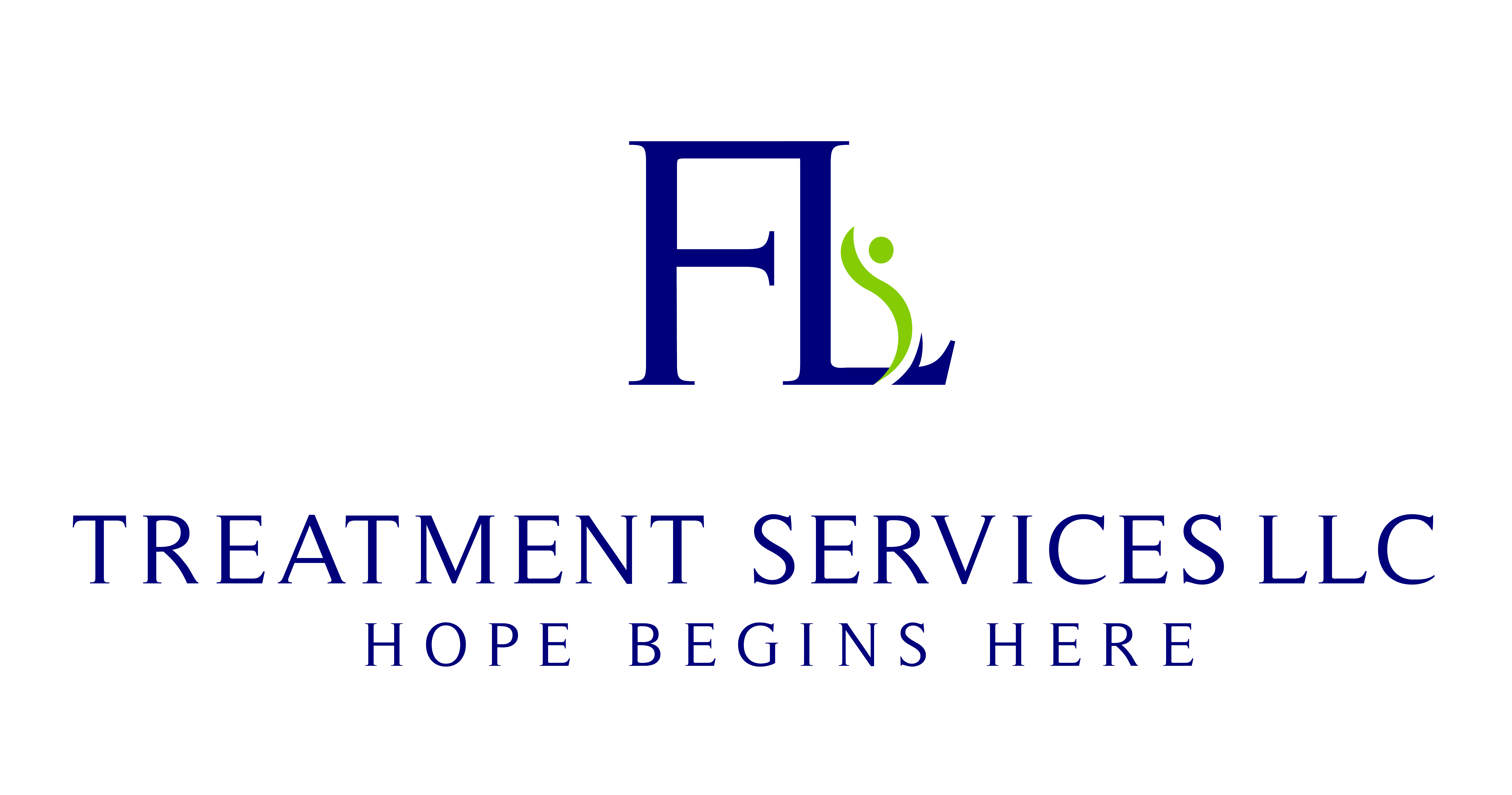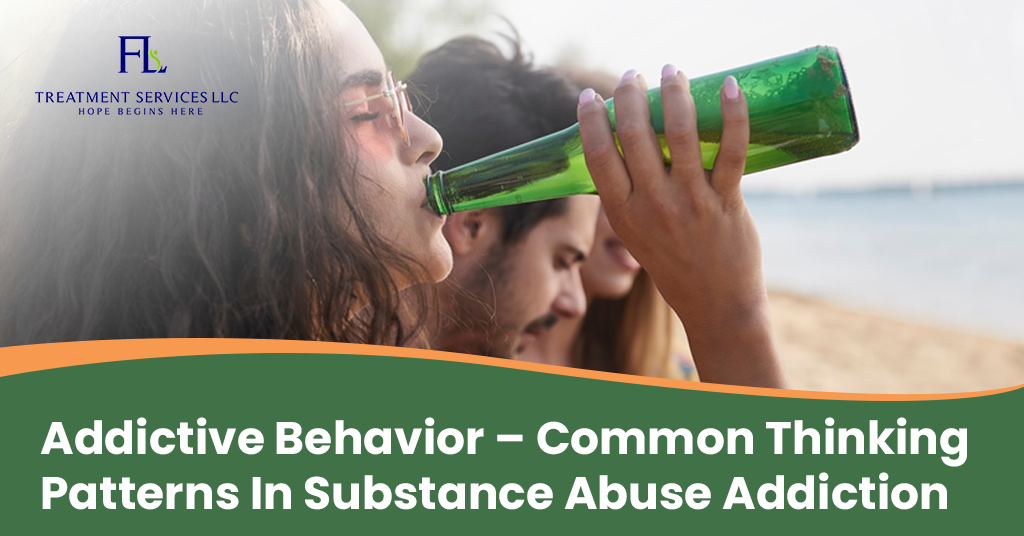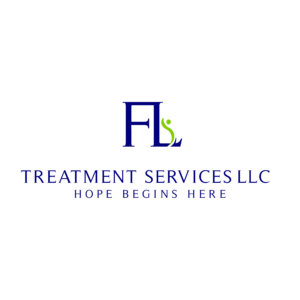Addiction to a substance can have many adverse effects on an individual. One of the significant effects of addictive behavior is addictive thinking patterns. According to the findings of “The Journal of Neuroscience” and renowned drug rehab in Orlando, people suffering from addiction are cognitively different from other individuals, as their brains may not be able to process the long-term consequences completely. The research findings also show that people addicted to alcohol or substances show an increased level of impulsivity in the brain, which, paired with the inability to process consequences, can lead to a high level of distrust in relationships and isolation. This strain on relationships and isolation further drives the person towards addiction, creating a cycle of addiction.
Why Do People Develop Addiction?
The two fundamental factors that modify and motivate behaviors are pleasure and pain. Experiencing these emotions involves both the limbic and the autonomic nervous systems of the body, as they help you perceive pleasure and pain while receiving signals from different stimuli.
-
Limbic System
The limbic system of a person houses the hypothalamus. Hypothalamus is responsible for regulating thirst, hunger, and response levels to pleasure, sexual satisfaction, anger, and aggression.
-
Autonomic Nervous System
The autonomic nervous system is responsible for the emotional capacity and fight or flight responses of each individual.
The combination of these two systems determines an individual’s responses and feelings based on their behavior and the ingested substance. The feeling of experiencing pleasure forms a correlation between the behavior and associated feelings by creating cravings. If the cravings are not fulfilled, it can lead to obsessive thoughts that can produce uncomfortable feelings or pain. This will cause distress to an individual who is trying to deal with their addiction.
Common Patterns in Addictive Thinking
Substance abuse can lead to chemical changes in the brain that influence thoughts about obtaining and ingesting substances or alcohol to induce a desired state of euphoria. These cravings become both physical and psychological, producing similar thought patterns in the mind of someone addicted to a substance or alcohol.
The most common thought patterns among people with addiction are:
- Being impulsive and difficult when gratification is delayed.
- Seeking pleasure at all costs.
- Weakened sense of community and lowered societal goals.
- Increased levels of stress.
- Intense fear of being exposed.
- Feeling alienated can transform into non-conformity.
- Blaming others for any negative feelings and consequences (being the victim).
Typically these thought patterns are supported by three major pillars of the addiction mechanism.
- Denial – Most people who are addicted to substances or alcohol showcase a complete detachment from their reality.
- Self Obsession – Typically, individuals suffering from addiction remain preoccupied with themselves, their thoughts, and their feelings. This leads to a disregard for others who are trying to support them.
- Irrational Decision Making – These individuals are prone to making illogical decisions that do not make sense. This happens due to their disbelief about the reality around them.
These addictive thought patterns can affect their work, finances, and relationships to the points of failure. An addictive mentality leads people to disregard people’s boundaries, values, and morals in order to achieve a euphoric state of mind.
Read More: Why Medication Assisted Treatment Works
Consequences of Addictive Thought Patterns
Addictive thought patterns allow unhealthy behavior room to grow, which can negatively impact relationships. People around the afflicted individual will start questioning their motives and thought process behind their erratic behavior and irrational decisions. This leads to distrust as the person afflicted with addiction will often choose to continue consuming drugs or alcohol at the expense of their strained relationships with friends and family. Doing so will lead to isolation as they will start distancing themselves from the addicted individual to avoid conflicts.
The distance and strain in relationships make the addicted person feel isolated and alienated. Since their thought process pushes them to push back when people around them point out their addictive behavior, they turn towards substances and alcohol to escape the hurt. Doing so reinforces the isolation and addiction pattern. Furthermore, their denial allows them to justify this isolation pattern, and they feel they have a right or a reason to be addicted.
What to Do if Someone is Showcasing Addictive Behavior and Thought Processes?
Addictive thinking can lead to denial and make them feel justified about the substance abuse and addiction patterns that they are going through. The more the addict thinks they have a right to be addicted, the stronger their addiction grows, and the harmful consequences of substance abuse no longer outweigh their euphoric effects. Therefore, this addictive behavior and thought process needs to be addressed at the earliest in a drug rehab in Orlando. Most professional Orlando treatment centers provide therapeutic services like Cognitive Behavioral Therapy or CBT, as these thought patterns can remain even after the person is completely treated for addiction. A CBT can help the recovering addict become aware of their emotions and responses to specific situations, providing them with the tools to cope with difficult situations without falling into the negative thought process.
Treating addiction is no longer just a detoxification and a rehab. Instead, the underlying cause of the addiction needs to be treated in a safe and controlled manner. That is why most drug rehabs in Orlando offer treatment options, including therapeutic options needed to address addictive thought patterns.





